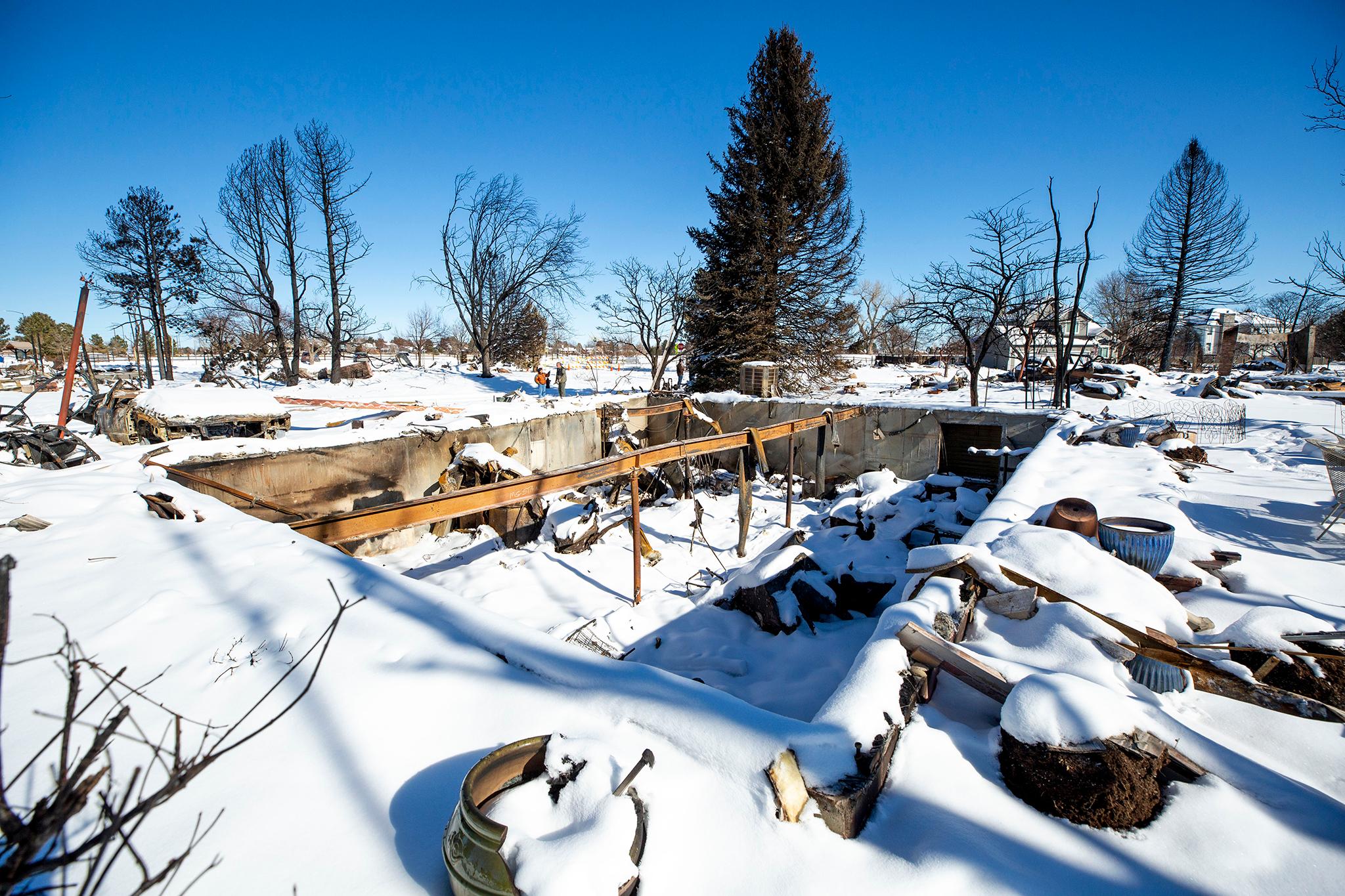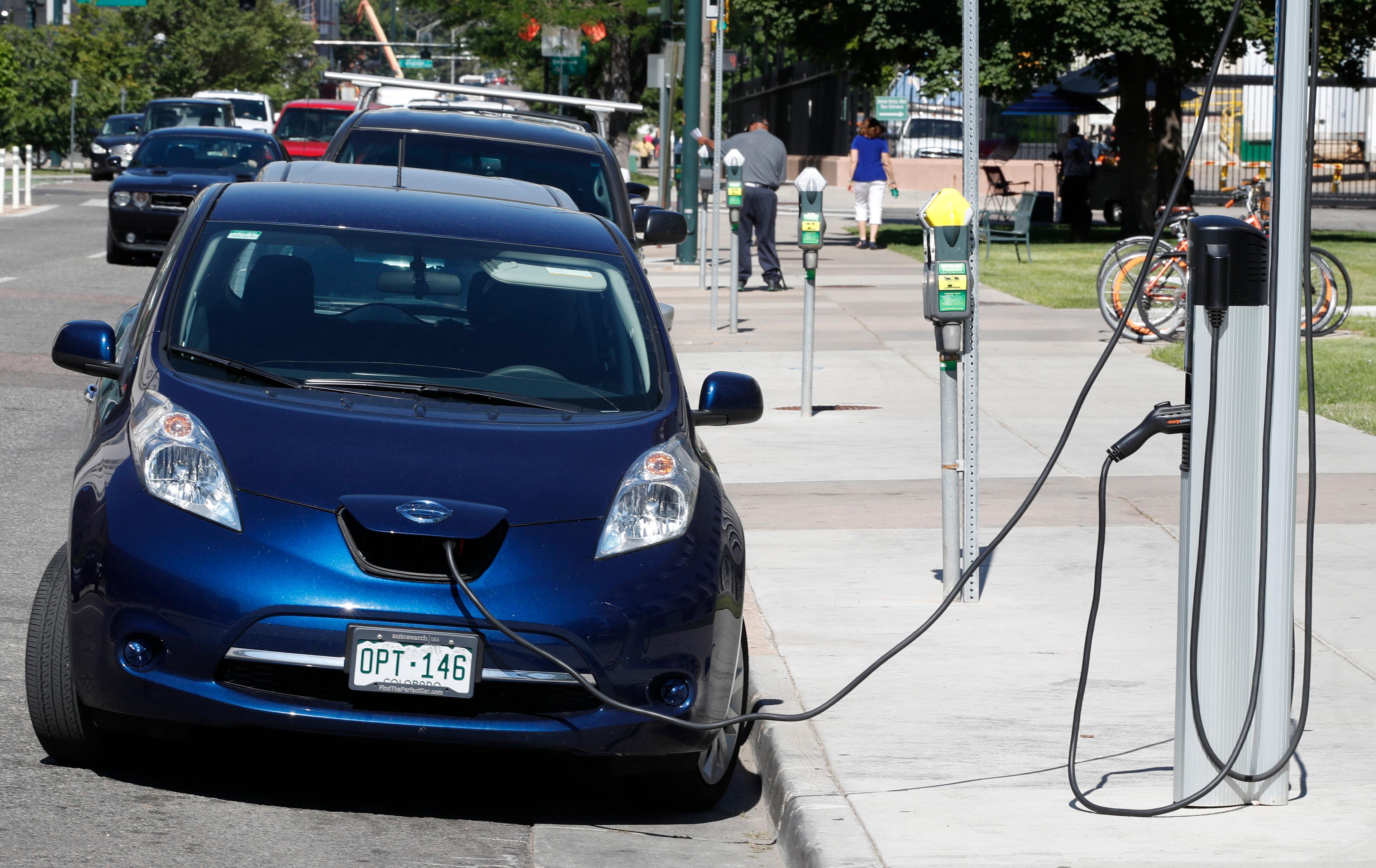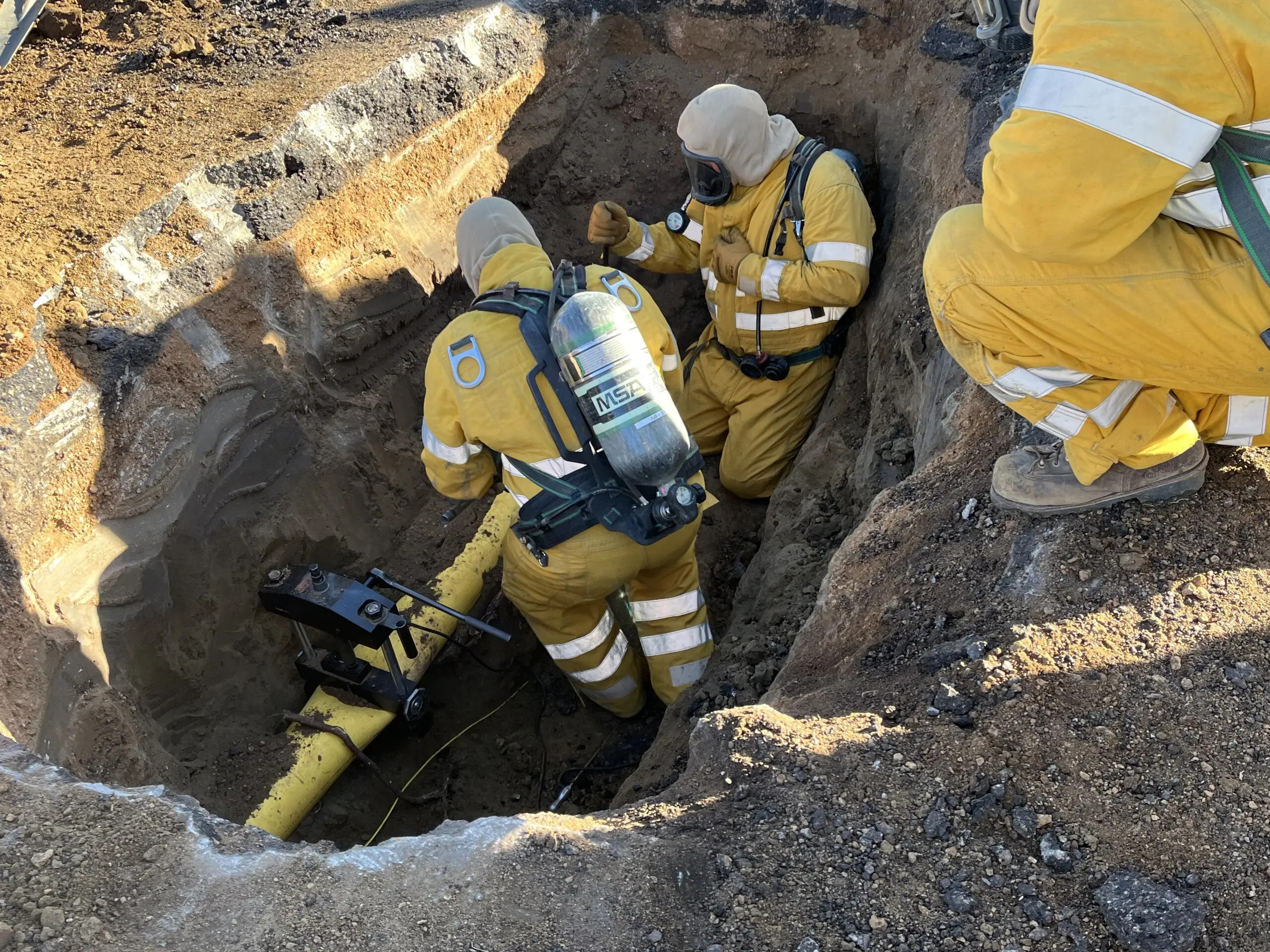
Colorado Democrats have cited climate change and housing costs as two of their top priorities during the 2022 legislative session.
Now one bill has lawmakers weighing those issues against each other.
House Bill 22-1362 would require Colorado cities and counties to enact new climate-friendly construction codes for residential and commercial buildings. The Colorado Energy Office would convene an advisory panel to prescribe energy efficiency standards and rules to ensure buildings are ready for solar panels, electric vehicle chargers and all-electric heating and cooling systems.
The legislation is designed to help reduce the climate impact of the built environment. State estimates show residential and commercial buildings accounted for about 14 percent of greenhouse gas emissions in 2019. Combined with emissions from industrial buildings, only Colorado’s electricity and transportation sector contributed more to global warming.
But the potential to cut emissions hasn't been enough to earn widespread approval from lawmakers. The legislation barely survived the state House on Monday, passing by just a single vote. It now moves to the state Senate with just over a week left in the legislative session.
The nail-biter result highlights an apparent rift among Colorado Democrats, who control every branch of state government.
CPR News attempted to contact all eight Democratic lawmakers who voted against the legislation on the House floor. They either did not reply or declined an interview to explain their decision, but bill sponsors said concerns about affordable housing led to the razor-thin outcome.
Other lawmakers have taken clearer positions on the legislation. Supporters insist greener building codes will not only reduce climate-warming emissions but help residents avoid rising energy costs. Many Republican opponents worry the policies could further drive up construction prices and diminish the power of local governments.
The debate mirrors a recent struggle over building codes in Louisville, which passed some of the toughest energy-efficiency codes in the state months before the Marshall fire destroyed more than 550 homes in the community. Dozens of fire victims objected to the new standards, saying they would only exacerbate their struggles with under-insurance and high building costs.
The city council eventually allowed Marshall fire victims to comply with an earlier, less stringent building code.
State Rep. Tracey Bernett, a Democrat and bill sponsor who represents Louisville, said it wasn't easy to convince the slimmest majority of her colleagues to support the bill. She said overinflated estimates about increased construction costs in Louisville and the state capitol inflamed concerns about new statewide energy standards.
"I think a lot of this is new information. It takes a while for people to understand they're really going to save money by building right the first time," Bernett said.
To make the argument, she leaned on an analysis from the Pacific Northwest National Laboratory. It examined the financial impact of moving the entire state to the 2021 International Energy Conservation Code, a set of international efficiency standards, as opposed to an earlier 2015 IECC code. It found the codes increase construction costs, but lower energy bills result in about $1,200 on average over a 30-year lifetime for the home.
A separate study commissioned by the National Association of Home Builders found the energy codes weren't so cost-effective. For an average home along the Front Range, it found energy savings wouldn't cover the additional construction costs for up to 75 years.
Bernett said estimates from a government-funded laboratory are more trustworthy since they weren't financed by industry or environmental groups. At the same time, she recognized the complexity of the topic has made many of her Democratic colleagues hesitant to jump on board.
Sponsors amended the bill ahead of the floor vote, which Bernett said helped the legislation pass the state House.
In its original form, Colorado cities and counties would have been required to adopt building codes at least as stringent as the latest IECC standards by 2025. A tougher "low energy and carbon code" developed by the Colorado Energy Office would have been required by 2030.
A broad set of amendments adopted Friday gave local communities more input and flexibility, Bernett said. One main change would establish an advisory board to help the state write new codes. Another would remove fixed deadlines, allowing communities to adopt the codes when they have already elected to update building standards.
Local government advocates were glad to see the changes. Meghan Dollar, the legislative advocacy manager for the Colorado Municipal League, said the latest version of the bill at least helps communities decide the timing of major code updates.
"We're the government close to the people and we have a better idea of the needs of each of our communities, more than the state government does," Dollar said. "That's our bottom line."
More attention to local government doesn’t guarantee the bill will survive the state Senate. According to lobbying records, business groups, homebuilders, and apartment owners opposed the original version of the legislation. Advocates in favor of the bill include environmental groups and the Colorado Energy Office, which is part of Gov. Jared Polis’ administration.
Andrew Kenney contributed to this report.








